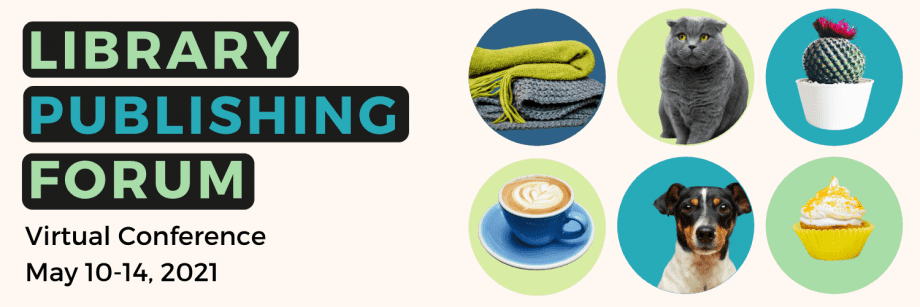
March 19, 2021
Full Session: Advancing Open Access Book Analytics for Library Publishing: Moving from use cases and case studies to next steps
Day/Time: Friday, May 14, 1:15 PM to 2:15 PM
Presenters
- Christina Drummond, Data Trust Program Officer, Educopia Institute / OA Ebook Usage Data Trust
- Lara Speicher, Head of Publishing, UCL Press
- Charles Watkinson Associate University Librarian for Publishing / Director, University of Michigan Press
- Andrew Joseph, Digital Publisher, Wits University Press
- Cameron Neylon, Professor of Research Communication, Centre for Culture and Technology, Curtin University
Description
This session will explore the opportunities and challenges library publishers face when looking to leverage OA book usage data for reporting and operational decision-making. The session will begin with an overview of the data flows, stakeholders, and metadata standards that enable OA book analytics, noting the role of a usage data trust in supporting library publishers’ use cases for OA book usage data. Three representatives will then share their experiences developing and piloting OA ebook usage dashboards to collate and visualize cross-platform usage and impact statistics. Each will share information about their organization’s OA book data dashboards to then describe how the addition of these dashboards has impacted their press operations.
After the case-study presentations, a member of the OA eBook Usage Data Trust’s technical team will provide a brief overview of the infrastructure that enables the cross-platform visualizations and then address the importance of privacy, security, and community governance mechanisms for such a public/private multi-stakeholder effort. The session will conclude with participants being invited to brainstorm needs, concerns, and questions to inform future development of this and other tools for library-publishers.